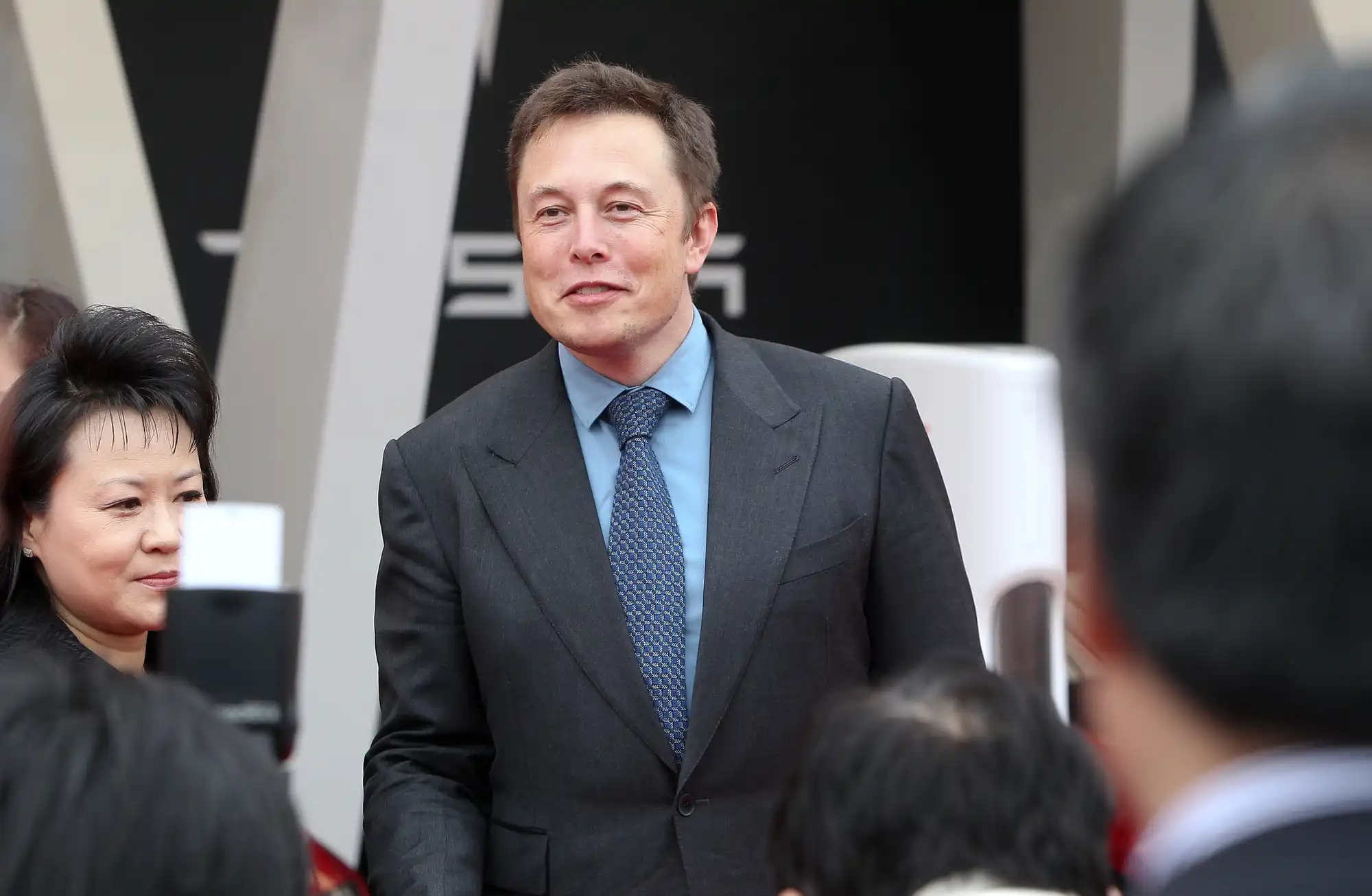Vitamin C cures cancer, vaccines cause autism, and a Washington pizzeria is home to a shaykh of pedophiles headed by key American political figures…. The coronavirus pandemic is accompanied by a pandemic of nonsense, and modern armed conflicts by a wave of disinformation. The Internet is flooded with fake news – untrue or partially untrue information designed to mislead the public. How do you find yourself in all this and not go crazy?
Table of contents
An epidemic of fake news. The fashion for anti-intellectualism?
In recent years, intellectualism seems to be simply fashionable: contemporaries quacks make fortunes selling at inflated prices vitamins and supplements that are supposed to be miracle cures for incurable diseases; YouTube channels of all sorts of celebrities and “masters of peasant reason”, who openly admit their contempt for scientific sources; politicians repeatedly use lies and manipulation in election campaigns.
This is accompanied by a great deal of fatigue on the part of the scientific community and experts, who are very often simply tired of citing long lists of studies and publications in response to the same unsupported theories over and over again. On the other hand, very often even people who are well educated and consider themselves rational can have trouble figuring out what is true.

Misinformation in digital reality
The concept of “fake news” gained particular popularity during the 2016 US presidential campaign. However, false information published in the media or on social networks could be encountered from the very beginning. They can be in writing, presented as graphics or manipulated video. The scale of the problem is indicated by the results of the survey: “Are we living in a fake news reality?”, according to which in 2018 as many as 75% of respondents said they encountered false information every or almost every day. 79% indicated that they consider this a threat to education. At the same time, however, as many as 71% of respondents say they themselves can distinguish which information is true. But really, can you believe that we are immune to manipulation?
Below are examples of fake news that have had a huge impact on social reality:
- Pizzagate – One of the most “crazy” conspiracy theories that has had a huge impact on political life in the United States. According to information published on 4chan, members of the American political elite, headed by then-presidential candidate Hilary Clinton, were alleged to be part of a pedophile shaykh who met at Washington’s Comet Ping Pong pizzeria. Although there was no evidence for it, the theory became popular among some Donald Trump voters and the QAnon movement. Against its backdrop, there was also a dangerous incident – 04/12/2016. An armed man barged into the premises while guests were inside and fired several shots, injuring no one. He turned himself in to the police.
- False information about a terrorist attack in 2013 – a bomb was supposed to have exploded at the White House, leaving President Barack Obama injured. The information was given by a source associated with high credibility: it was found on the website of The Associated Press, from where it was shared further. As it later turned out, hackers broke into the editorial page. Although everything was quickly cleared up, it caused a lot of confusion, panic and a temporary sharp drop in stock market indices.
- Vaccines cause autism – a thesis often promoted by the so-called “autism ” movement. “anti-vaccine movements” and communities associated with the promotion of unconventional medicine. The MMR vaccine myth was linked to a research paper published in 1998. by physician Andrew Wakefield and his team in the prestigious scientific journal The Lancet. Despite the fact that it was fairly quickly revealed that the study group of children was unrepresentative, medical records were falsified, and the authors of the publication had a vested interest in a particular result, to this day many parents have concerns about whether the vaccine is safe. Modern research has ruled out links between the vaccine and autism.
Why can it sometimes be so difficult to recognize fake news? Search engine algorithms and information bubbles
Years ago, it might have seemed that with the spread of the Internet, all knowledge would be available at one’s fingertips, taking away the space for liars and manipulators to operate. In reality, however, the opposite has happened. The information that every person encounters in the course of a day is simply too much for the mind to cope with organizing, analyzing and filtering. In response, we often lock ourselves into information bubbles – hermetic communities that reinforce each other’s views and isolate each other from dissenting viewpoints.
This natural defense mechanism is very often reinforced by search engine algorithms, which suggest results similar to those we were interested in in the past. In many cases, personalized information can be very useful – if you watched an interesting play on YT, you won’t miss the next one. In the long run, however, you may realize that you are getting a very hermetic and filtered view of the world.
Unfortunately, the problem lies not only in the technology itself, but is also deeply rooted in human nature. In the fight against fake news, very often substantive arguments alone are not enough. On the contrary, there are times when a person who even feels “bombarded” with facts that contradict his or her worldview feels that his or her identity is under threat. In response, he further solidifies his existing views.
Editorial recommends: The power of hormones in female sexual desire.
The epidemic of fake news – how to defend yourself?
- Check the source of a given piece of information – see which editorial board is responsible for a particular article, what materials, research or reports it cites. Compare how a given fact is presented by other media.
- Check the author information – is the material signed with the name of a specific person? If so, try searching for information about it. What education and work experience does he have? How are the other publications created by this author?
- Try to learn the context – instead of focusing on the controversial thesis itself, try to approach the topic from a different angle, learn the whole background of events, scientific facts and related nuances.
- Pay attention to the tone of the information – is it neutral, objective, or is it intended to evoke certain emotions in the recipient?
- Try to go outside “your bubble” – also look into sources that are foreign to your worldview. Change search engines. Try to learn about the topic from different angles – also use book publications (especially scholarly publications and those published by publishers with a certain reputation) and specialized press. As much as possible, try to learn about foreign-language sources as well.
- Keep an open mind – information that looks bizarre at first glance is not always actually untrue. Sometimes it’s worth it to “trickle down.”
- Give yourself the right to doubt – it is not a reason to be ashamed if you admit that you don’t know something or cannot clearly identify with the arguments of either side.
Media education
Fake news is false or partially false information that is intended to mislead the recipient. This is a very complex and multidimensional phenomenon. The problem affects every sphere of modern life – from politics to public health. False information has the potential to cause real, often dangerous consequences. An important aspect is to analyze why fake news is so difficult to combat. The role of algorithms and information bubbles in creating a one-sided picture of reality is crucial to understanding why people are so easily manipulated. This phenomenon shows how technology, which was supposed to bring us closer to the truth, can paradoxically lead us away from it.
In the digital age, where anyone can be both a receiver and a sender of information, media education and the ability to verify sources become extremely important.
Read also: Unusual places to stay – unusual hotels to visit in Europe





